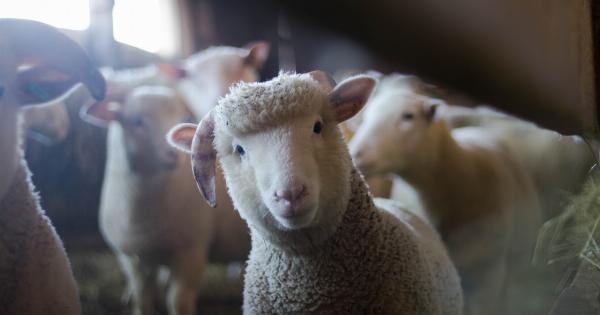Having children is a decision that many women contemplate at some point in their lives. However, there is a growing trend of women choosing not to have children, especially as they get older.
This article delves into the various reasons why older women may opt out of motherhood.
1. Career Priorities
One of the primary reasons why older women don’t have children is their dedication to their careers. Many women prioritize professional success and focus on climbing the corporate ladder or establishing themselves in their chosen fields.
As a result, they may delay or decide against starting a family.
2. Financial Constraints
Raising children can be a considerable financial responsibility. Older women who have not yet had children may feel that they do not have the financial stability to support a family.
They may lack sufficient savings or worry about the costs associated with child-rearing, including education, healthcare, and other expenses.
3. Lifestyle Choices
For some older women, their lifestyle choices are incompatible with having children. They may prefer a more independent, spontaneous, or adventurous way of life that would be restricted by the responsibilities of raising a child.
These women may prioritize personal freedom and flexibility over starting a family.
4. Relationship Status
Whether married or single, relationship status can play a significant role in the decision to have children. Older women who are single may not have found a suitable partner or may not want to raise a child alone.
In contrast, those in committed relationships may face challenges such as infertility or disagreement with their partners regarding parenthood.
5. Health Concerns
As women age, the risks associated with pregnancy and childbirth increase.
Older women may be concerned about their health and the potential complications that can arise during pregnancy, such as gestational diabetes, high blood pressure, or chromosomal abnormalities. These concerns may deter them from starting a family.
6. Fertility Issues
While advancements in reproductive technology have increased the possibilities for older women to conceive, fertility declines significantly after a certain age.
Older women may be aware of their reduced fertility and choose not to pursue pregnancy due to the higher likelihood of requiring assisted reproductive techniques or facing infertility altogether.
7. Previous Parenting Experience
Many women in their later years may already have children from previous relationships or marriages. These women may feel content and fulfilled with their existing families and may not desire to have additional children.
Prior parenting experience can influence the decision-making process for women who are considering expanding their families.
8. Personal Fulfillment
For some older women, personal fulfillment comes from sources other than raising children. They may have found purpose and satisfaction through their careers, hobbies, volunteer work, or other endeavors.
These women may feel that having children would detract from their personal fulfillment rather than enhance it.
9. Environmental Concerns
With growing awareness of environmental issues, some older women may choose not to have children due to concerns about overpopulation and the planet’s limited resources.
They may see having children as contributing to these problems and therefore decide against it for the betterment of the environment.
10. Cultural and Societal Pressures
Finally, cultural and societal pressures can also impact a woman’s decision to have children. Older women may encounter age-related stereotypes, criticism, or judgment for choosing not to become mothers.
These external pressures can influence their choices and contribute to the decision to remain child-free.






























